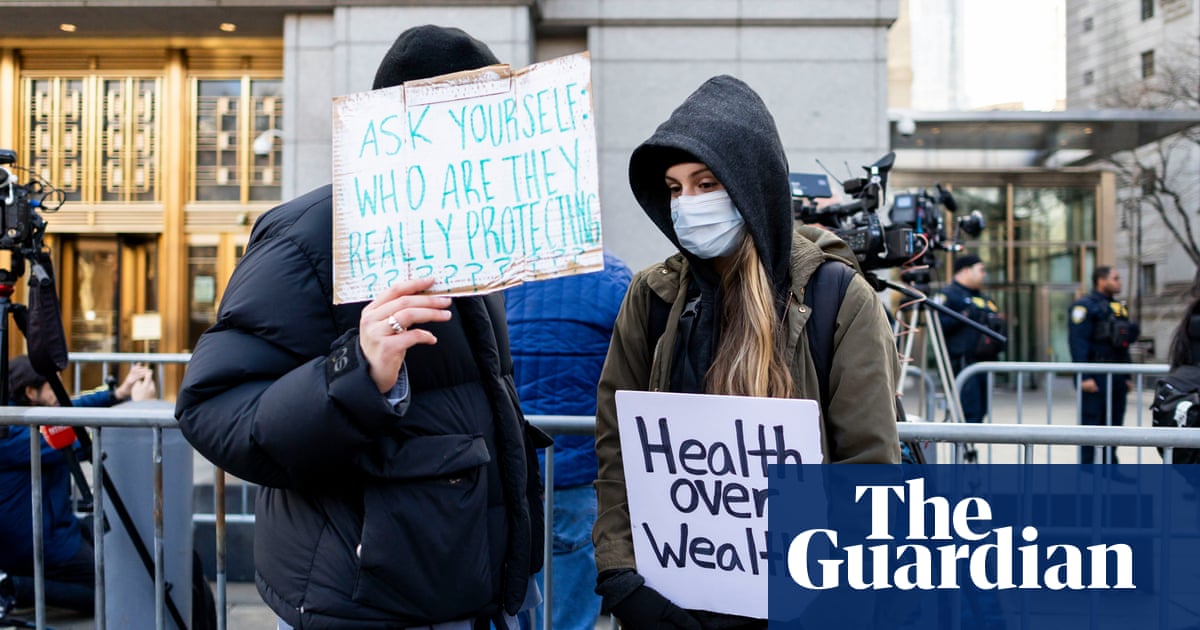
The US healthcare system is facing intense scrutiny, fueled by ongoing public debate and numerous accounts of Americans struggling to access adequate coverage. Thousands have shared their experiences of treatment denials, hidden costs, and deceptive practices employed by insurance companies. The following accounts, collected from across the United States, paint a picture of a system often perceived as a battleground rather than a safety net.
One common theme is the arbitrary denial of coverage for necessary treatments. Elizabeth, a 64-year-old retiree, recounts her struggles spanning over two decades. Initially, her insurer denied coverage for injuries sustained in a car accident due to lack of pre-approval and the accident’s location outside of California. Later, she faced denial of coverage for a vital chemotherapy drug, forcing her doctor to secure a donation to ensure her treatment. The financial strain exacerbated her health struggles, leading to career sacrifices to maintain health insurance coverage. Her experience underscores the precarious nature of healthcare access, where even those with coverage grapple with constant battles for reimbursement.
This struggle is echoed across numerous accounts. Individuals from all walks of life reported similar experiences: denials of coverage for prescribed treatments, lengthy delays in approval, and the frequent need for legal intervention. Many described receiving automated rejections, unanswered correspondence, and arbitrary changes in coverage rules, all suggesting deliberate efforts to avoid paying claims. Liz, a 43-year-old physician with seemingly “good” insurance, illustrates that even those with high premiums are not immune to unexpected and significant out-of-pocket expenses. Her husband’s experience with a denied surgery highlights the systemic barriers to care, even for those within the medical profession.
The issue extends beyond denials to encompass the pervasive problem of hidden costs. Stephanie Maughan, 68, from Boston, details thousands of dollars in debt accrued despite having insurance, due to unexpected out-of-network charges and exceeding deductibles. This is a widespread complaint, with numerous individuals citing surprise bills months after receiving care, even for seemingly routine procedures. The lack of upfront pricing transparency leaves patients vulnerable to unexpected financial burdens.
The narrative consistently points towards the influence of corporate greed in shaping the healthcare landscape. Thesia, from Houston, observes the increasing corporatization of hospitals and the prioritization of profit over patient care. This is supported by statistics indicating a substantial rise in for-profit hospital ownership and private equity involvement in physician practices. Even those with ostensibly generous employer-sponsored plans face significant out-of-pocket expenses and arbitrary coverage limitations, as illustrated by Thesia’s experience with his wife’s denied MRI.
While the Affordable Care Act (ACA) brought some improvements, particularly for those with pre-existing conditions, many respondents point to its limitations. The high cost of plans, the need for referrals, and the complex billing system continue to present significant hurdles. Moreover, the practice of insurers dropping doctors from their networks or changing medication coverage further exacerbates the difficulties faced by patients. The consequence is a system where patients frequently avoid seeking necessary medical care due to fear of unaffordable costs.
International comparisons underscore the stark differences between the US healthcare system and those in other developed countries. While waiting times may be longer abroad, the lack of upfront pricing transparency and the prevalence of surprise billing in the US stand out as major concerns. Several individuals highlighted their experiences in other countries, contrasting the predictability and accessibility of healthcare abroad with the inherent uncertainty and financial risk associated with the American system. The consistent theme remains that navigating the US healthcare system often feels like a constant struggle for access to affordable and reliable care.
